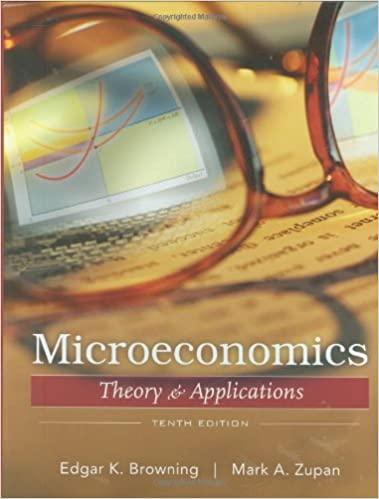Question
11. Which of the following statements are true? A. To obtain a patent, inventors must file a detailed application with the United States Patent and
11. Which of the following statements are true?
| A. | To obtain a patent, inventors must file a detailed application with the United States Patent and Trademark Office (USPTO). | |
| B. | The USPTO determines the commercial viability of innovations that the USPTO reviews. | |
| C. | Adverse USPTO decisions are appealable to the Patent Trial and Appeal Board. | |
| D. | Authority for the passage of federal legislation concerning the protection of inventions derives from the United States Constitution. |
12. Select the most accurate and complete from among the following statements.
| A. | Accountants occupy a position of trust. | |
| B. | Accountants have a legal obligation to keep client information confidential . | |
| C. | Accountants have a legal obligation to use client information only for the benefit of the client. | |
| D. | All of the statements above are true. |
13. Select from among the following the statements that are true.
| A. | The Uniform Probate Code (UPC) is a uniform act prepared by the National Conference of Commissioners on Uniform State Laws. The UPC governs inheritance and decedents' estates in the United States and is designed to streamline the probate process. | |
| B. | Like the Uniform Commercial Code, the UPC has been adopted in all 50 states. | |
| C. | State law governs the creation and implementation of wills. Federal law governs the creation and implementation of trusts. | |
| D. | State law governs the creation and implementation of wills and trusts. | |
| E. | Both the federal government and many states levy estate taxes. | |
| F. | The U.S. Constitution prohibits states from levying estate taxes. |
14. Which of the following are circumstances under which debts cannot be discharged? Select the sole correct answer.
| A. | The debtor has previously filed for bankruptcy. | |
| B. | The proceeding is a Chapter 7 bankruptcy. | |
| C. | The unsecured creditor failed to submit a proof of claim during the bankruptcy proceeding. | |
| D. | During the bankruptcy proceeding and in the bankruptcy filings by the debtor, the debtor is dishonest or engages in bad faith. | |
| E. | The proceeding is a Chapter 11 bankruptcy. | |
| F. | The debtor is a corporation, and the president of the corporation has a criminal record. |
15. A landlord evicts a tenant when the landlord does which of the following?
| A. | Fails to perform minor repairs in the common areas. | |
| B. | Substantially interferes with the tenant's use and enjoyment of the premises. | |
| C. | Increases the rent. | |
| D. | Transfers ownership of the property that includes the rented property to another person. | |
| E. | Physically prevents the tenant from possessing the premises. | |
| F. | Advertises the premises as available for rent. |
Step by Step Solution
There are 3 Steps involved in it
Step: 1

Get Instant Access to Expert-Tailored Solutions
See step-by-step solutions with expert insights and AI powered tools for academic success
Step: 2

Step: 3

Ace Your Homework with AI
Get the answers you need in no time with our AI-driven, step-by-step assistance
Get Started


